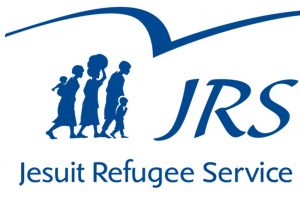 In the new Jesuit Refugee Service (JRS) report—titled: “Providing Hope, Investing in the Future: Education in Emergencies & Protracted Crises”—the agency confirms that education should be regarded as a life-saving intervention for both young children and adolescents who have been forcibly displaced from their homes. The report says that in the even of emergencies during which agencies must provide basic humanitarian assistance it is crucial to organize educational and recreational activities that help to heal trauma, build skills, and promote human dignity overall.
In the new Jesuit Refugee Service (JRS) report—titled: “Providing Hope, Investing in the Future: Education in Emergencies & Protracted Crises”—the agency confirms that education should be regarded as a life-saving intervention for both young children and adolescents who have been forcibly displaced from their homes. The report says that in the even of emergencies during which agencies must provide basic humanitarian assistance it is crucial to organize educational and recreational activities that help to heal trauma, build skills, and promote human dignity overall.
“This report highlights the need to prioritize education for refugees and those displaced by conflict and crisis and ensure that these important programs receive the resources and political support they deserve,” explains Giulia McPherson, who is the JRS USA Assistant Policy Director, as well as the author of the report.
Founded in 1980, the JRS has always emphasized the guarantee of caring for the most vulnerable populations in need of education, regardless of the circumstances at large.
“If we do not act they (affected youth) will become victims of child labor, child trafficking and child marriage and they will be a discontented generation of young people, a lost generation,” warns former British Prime Minster Gordon Brown in light of the Fund announcement.
“We see the hope that education provides in times of great despair, when the people we serve think the world has forgotten them,” said Jesuit Refugee Service West Africa Regional Director Fr. Eric Goeh-Akue S.J.
In addition, UNHCR High Commissioner Filippo Grandi comments “Refugee children, like children everywhere, have the right to education. It is fundamental that children who have been uprooted by war and violence are not left behind even further.” He goes on to urge donors and development organizations alike to improve their support efforts to now include refugee children and youth who are in national education systems.
